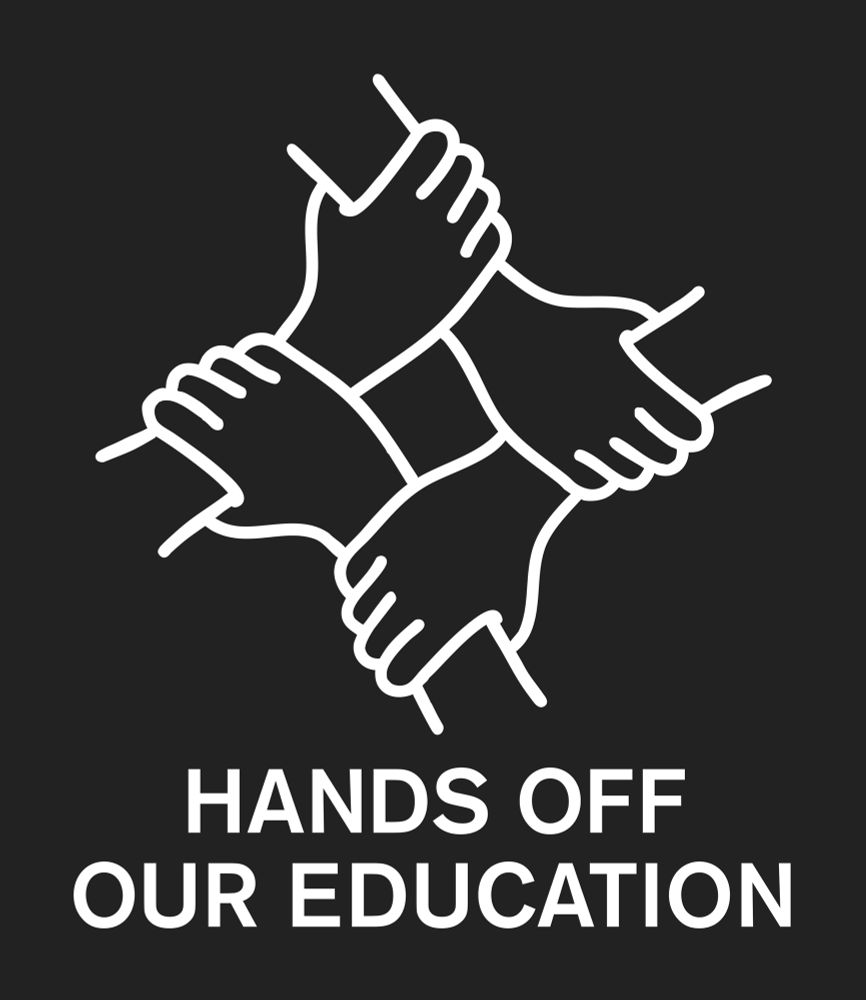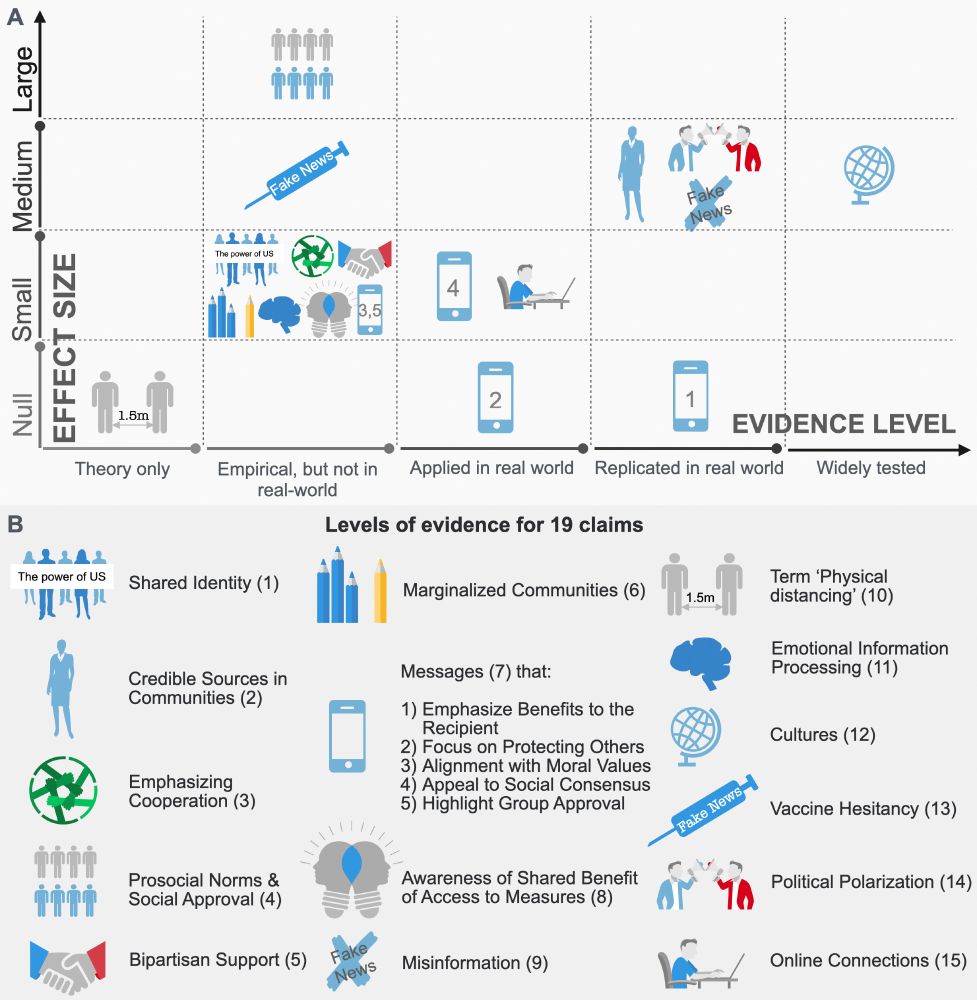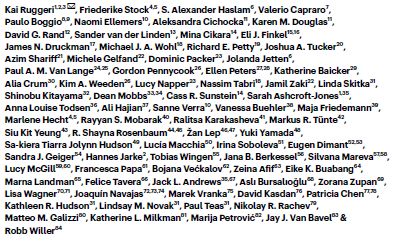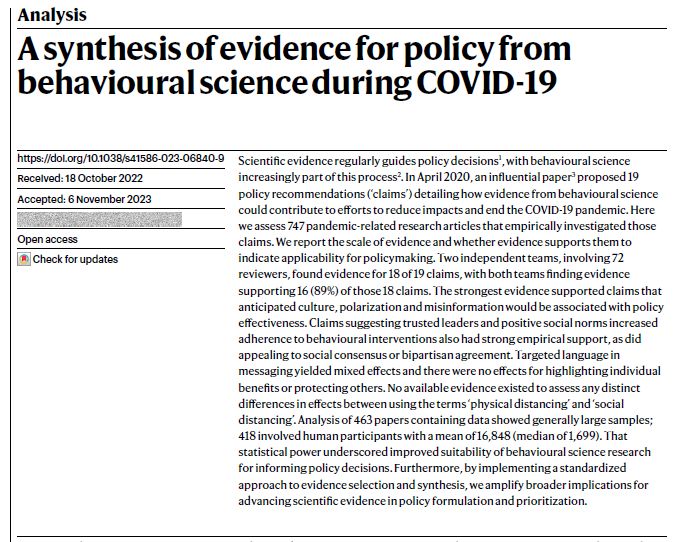Bojana Većkalov
@bojanaveckalov.bsky.social
1.1K followers
120 following
10 posts
Current postdoc @VU Amsterdam. Social psych PhD @UvA. Interested in attitudes & persuasion, belief systems & sustainability
Posts
Media
Videos
Starter Packs
Reposted by Bojana Većkalov
Reposted by Bojana Većkalov
Reposted by Bojana Većkalov
Reposted by Bojana Većkalov
Reposted by Bojana Većkalov
Reposted by Bojana Većkalov
Reposted by Bojana Većkalov
Reposted by Bojana Većkalov
Sandra Geiger
@sandrajgeiger.bsky.social
· Aug 27
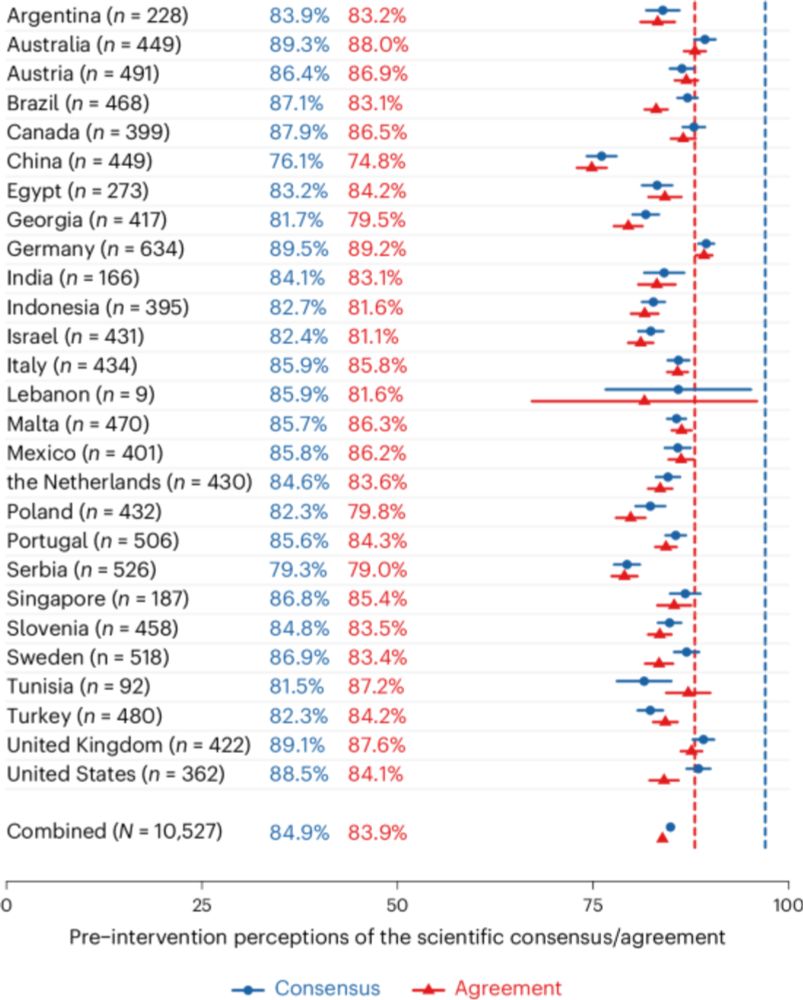
A 27-country test of communicating the scientific consensus on climate change - Nature Human Behaviour
Across 27 countries, Većkalov and Geiger et al. find that scientific consensus messaging on climate change is an effective, non-polarizing tool for changing misperceptions, beliefs and worry but not s...
www.nature.com
Reposted by Bojana Većkalov
Reposted by Bojana Većkalov
Mark Rubin
@markrubin.bsky.social
· Oct 19
Belief in a Just World as a Basis for Biased System Attitudes and Their Palliative Effect: The Conte...
Although system-justifying beliefs can have a palliative effect on citizens, the underlying mechanisms and contextual moderators of this association are relativ...
doi.org





